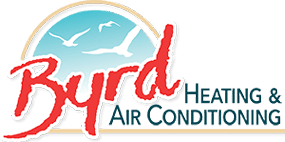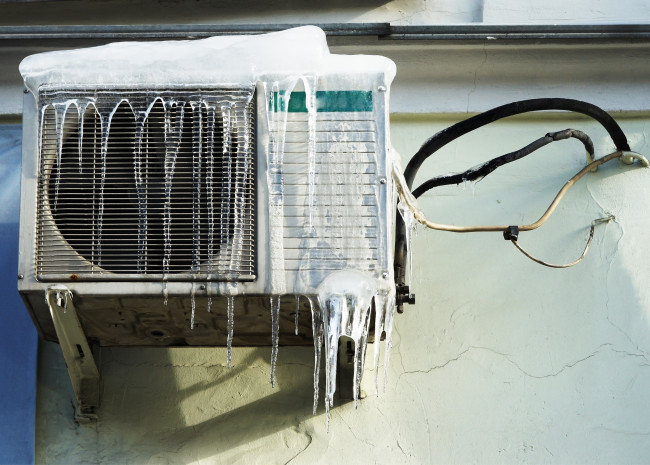Everyone knows that it’s important to have regular professional maintenance on heating and air conditioning systems in order to avoid costly repairs and ensure a long life. And while these visits go a long way toward keeping your ac healthy, smart homeowners can still take steps throughout the year to keep their systems in tip top shape and performing at their best. Here are five tips to keep your AC running smoothly during hot Savannah summers.
Change Your Filters Regularly
This is probably the single most important thing you can do for your home’s air quality and your AC’s smooth running. A dirty filter means that your family is breathing in more dust and pollutants than they need to be and it also means that dust, mold, and microbes are building up in your ductwork, leading to lower efficiency and the potential for long-term damage. Change your filters at least every 30 days, and consider upgrading to high-efficiency pleated filters for top performance.
Keep Your Condenser Clean
Condenser problems are the most common reason for emergency calls to the air conditioner repairman, so make sure you inspect it every month and keep it clean. Check for leaves and other debris that can restrict circulation and prevent it from cooling. Make sure the area around the condenser is free of weeds and grass, as well. In general, keep about a two-feet perimeter around your condenser free of obstacles and debris.
Once a month, turn off your unit and switch off the breaker, and gently spray the condenser with a garden hose to flush out any dirty buildup. Be sure to spray from the top down instead of side to side to avoid any damage.
Inspect Your Drain Line
Condensation builds up in your AC as it pumps cold air through your home. It gets drained off through tubing, usually to an outdoor drain. Stagnant water in these lines and drains is a perfect breeding ground for fungus. The mold that can destroy your drainage system. Inspect your drain once a month for water buildup in the drain pan and pipe and clear any clogs.
You can prevent gunk from growing by pouring one cup of a mixture of three parts water to one part bleach in your drain access port every three months. The access port is usually a T-valve on a piece of PVC tubing which is connected to the condensation drain port on your air handler. Remember to turn off the breaker switch before you open the valve and replace the lid tightly when you’re through.
Check Your Thermostat Batteries
If you have a newer electronic display thermostat, or better yet, a smart thermostat, it will remind you when your batteries are running low. But if not, get in the habit of checking and replacing your thermostat batteries on a regular basis. You can do this when you change the batteries on your smoke and carbon monoxide alarms. With most thermostats, this is as simple as pulling open the face of the thermostat and accessing the batteries, which are typically AA or AAA in size.
Have Your R-22 Level Checked Every Year
Your technician may check your R-22 level when they do your annual maintenance, but be sure to ask, just in case. Your air conditioner is a closed system, meaning that the R-22 gets recycled, and the level should stay pretty constant. A lower than normal level is a sign of a leak, and you’ll want to catch it before it becomes a real problem.
Do you have an air conditioner with an R-22 leak that has gone unnoticed? It’s likely to get worse over time. It could ultimately end with running your system with no R-22. This leads to overheating and can destroy your compressor. That’s a much more costly fix than repairing an R-22 leak. Be sure to get it checked once a year.
If you haven’t done it already, call Byrd Heating and Air Conditioning today at 912-373-8447 to schedule your AC check-up.
Image provided by Shutterstock


